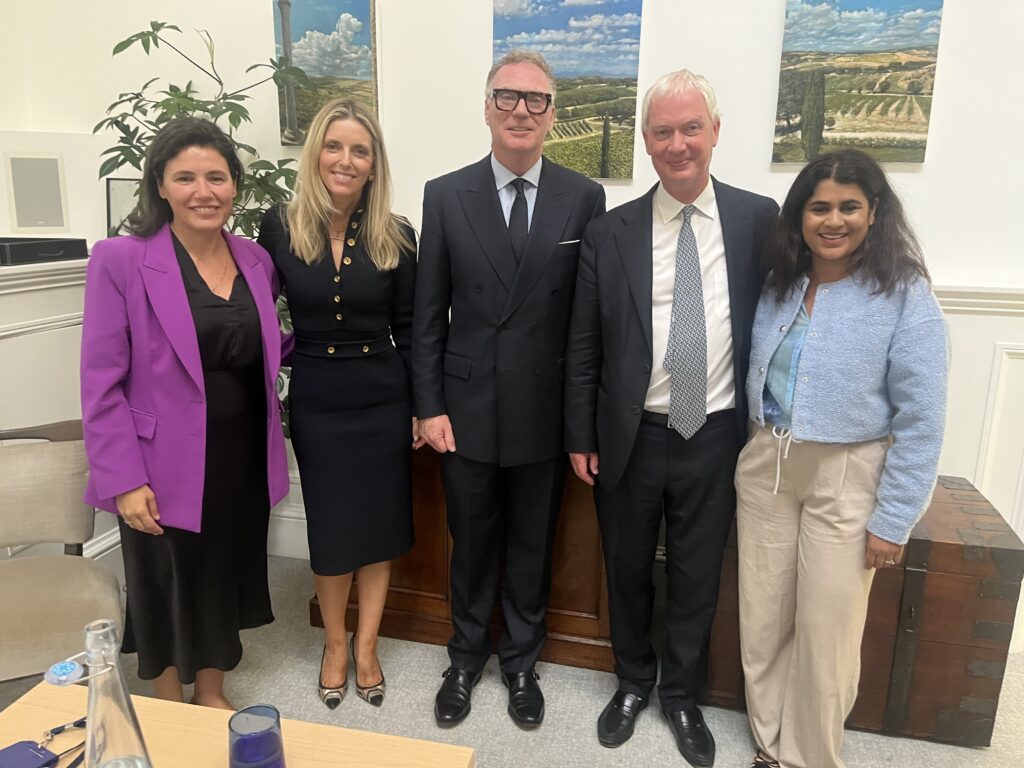We were proud to be actively involved with the World Congress on Family Law and Children’s Rights 2025, by presenting at a pre-congress symposium, sponsoring a panel session, having 4 Partners speaking and 1 Partner volunteering, and hosting a post-congress symposium.
The congress took place in Cambridge from 27th-30th July, and brought together organisations and individuals from around the world who have a common interest in the protection of children and the promotion of good family law. The theme of this congress was Children Caught in Conflict – Inspiring Positive Change.
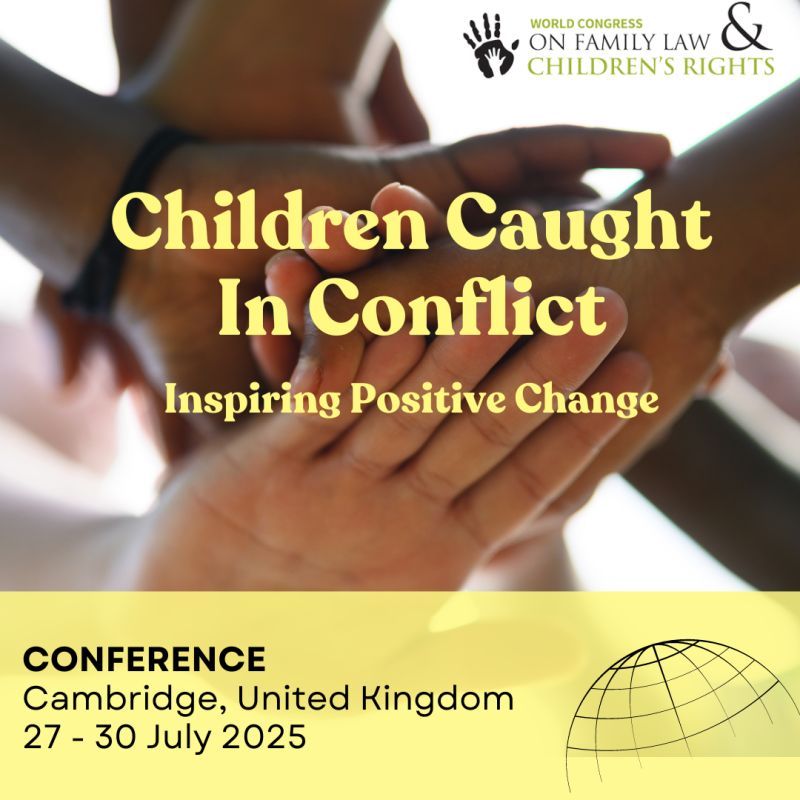
Prior to the congress, Partners, Carolina Marín Pedreño and Simon Bruce moderated a one and a half hour discussion on relocation of children at a symposium which took place at Australia House in London. Fellow speakers included Lord Justice Stephen Cobb, Philippe Lortie of HCCH, Jacqueline Renton KC and Jason Walker from Melbourne, and many esteemed guests attended, including our Partners, Sarah Jane Lenihan, Hilka Hollmann and Forum Shah.
Carolina and Simon will be publishing and publicising a draft resolution arising out of the talks, with the intention of highlighting the current trends in the law on relocation, and the direction in further travel.
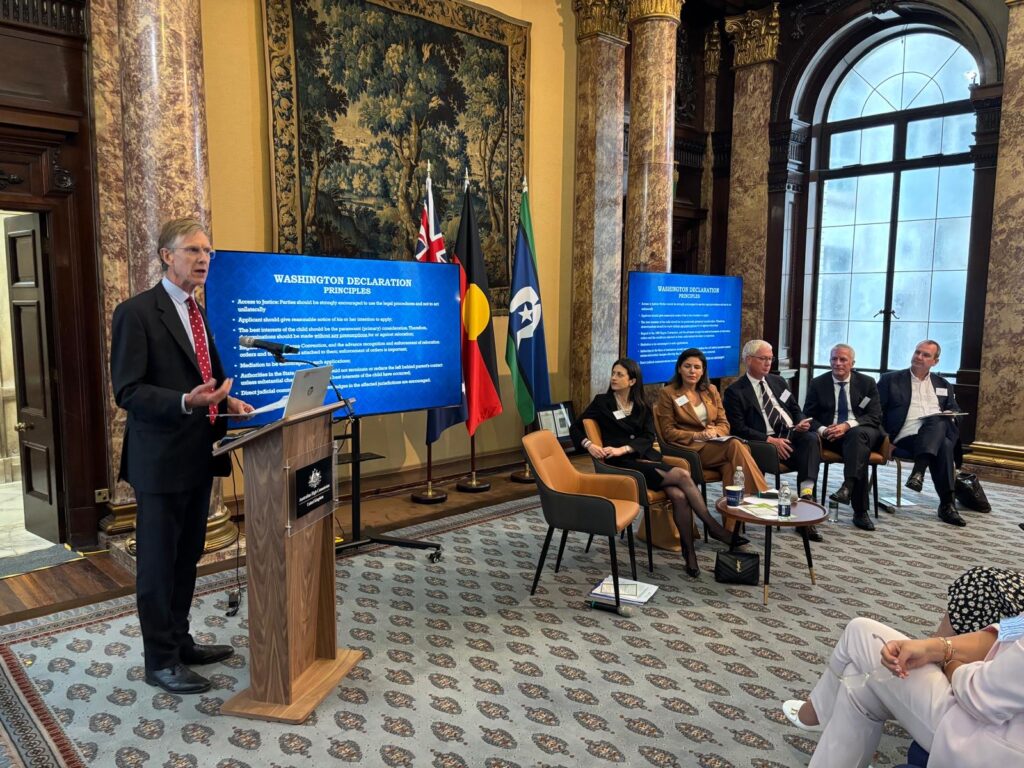
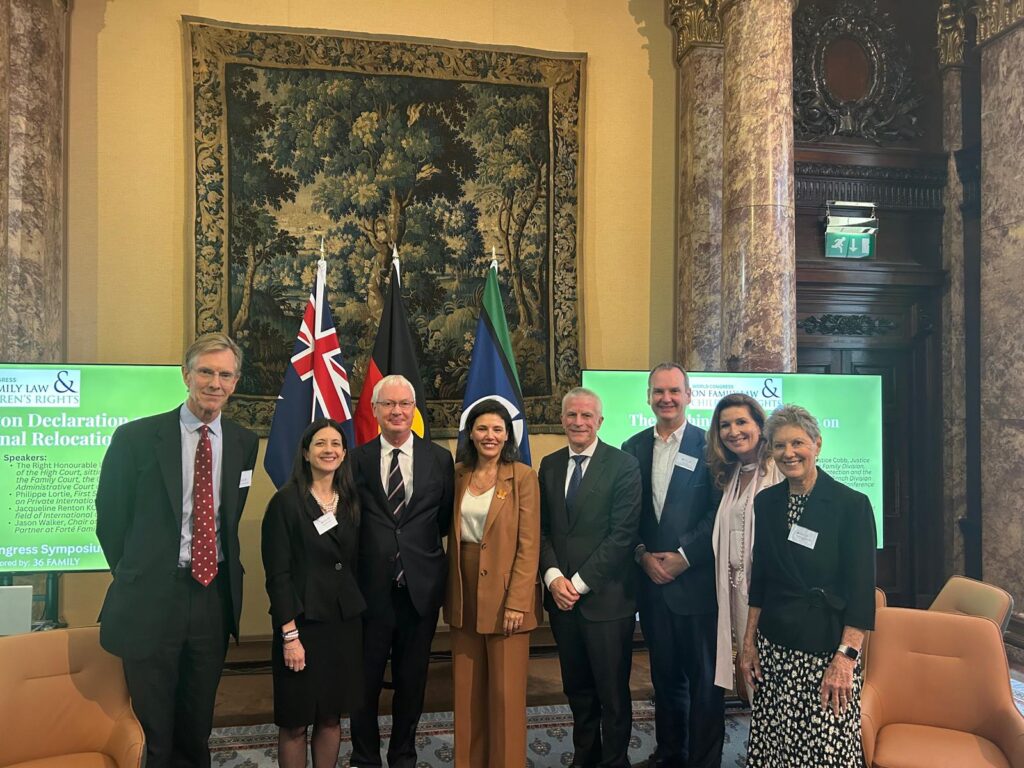
At the start of the Congress, Simon Bruce chaired a panel on Financial Responsibility for Children with panellists Dr Shiran Reichenberg from the Hebrew University in Israel, Dr Maia Roots from Tohoku University in Japan and barrister Catherine Devine from Melbourne, Australia.
The resolutions decided by the panel were as follows:
1: The welfare of minor children should be the first consideration in all legislation, and all court decisions, which relate to them.
2: In principle, children may not be sued or held liable for debts incurred by their parents at a time when their children were minors.
3: The main focus in the computation of child support should always be the best interests of the child (not, for example, subjective perceived fairness to parents vis-à-vis each other).
4: Nature of child support as right of the child and primary obligation of each parent should be made clear and highlighted. Obligation to support minor child is not outweighed by adult parent’s right to start a new family. → Message to payor parent should be clear: having more children does not cancel out or reduce their obligation to already existing children.
5: Where a payor has children in multiple households, economies of scale should be taken into account. “Same amount” for all children does not always result in same (or even sufficient) standard of living, as in one household a child might be in greater “need”.
6: Where adjustment of child support amounts/payment schedules becomes necessary, such as where additional children are born, the process for such adjustments should be clear and reasonably accessible.
7: Countries should be encouraged to work together to ensure swift transmission of international child support obligations to allow children to receive continuous support; and
8: Encouragement of international child support obligations be undertaken, as much as possible and practicable, by government organisations (as opposed to the recipient parent) to reduce costs to the parent; and such enforcement be swift and with as many different enforcement options as possible.
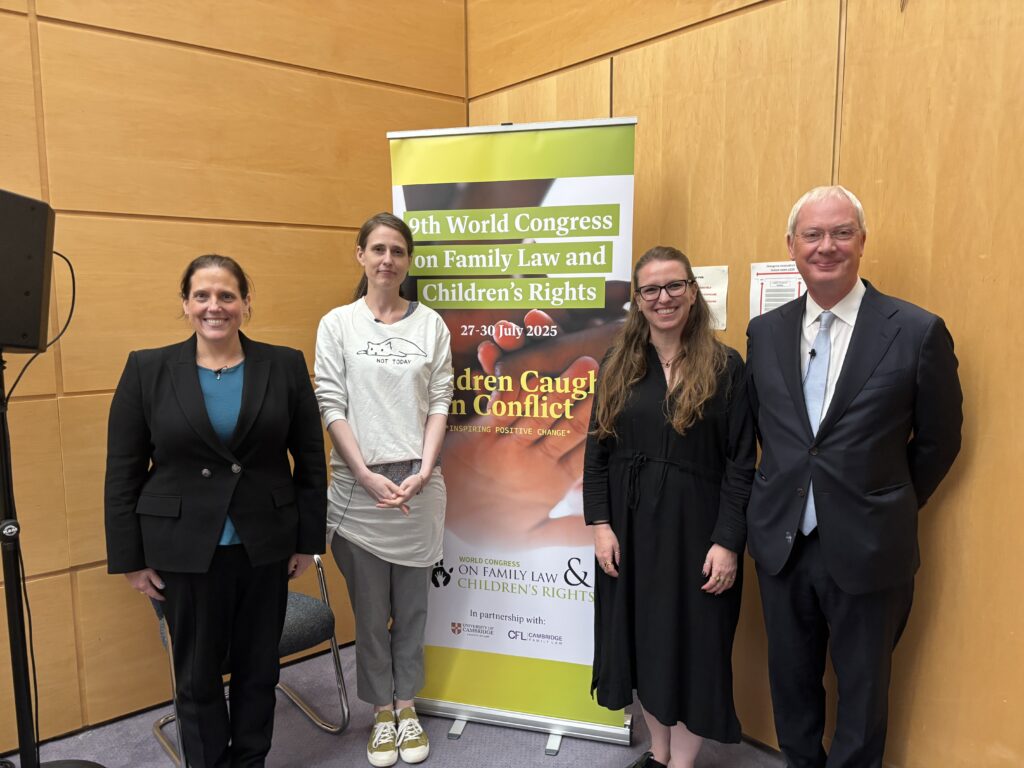
The following day Partner Hilka Hollmann was a panel speaker at a very well received session on International Adoptions – Protection of Children in the Context of Intercountry Adoption, which was chaired by Christopher Hames KC and with Judge Fiona Mwale, from the Malawi Judiciary and Lavanya Regunathan Fischer from India also speaking.
Dawson Cornwell were also delighted to be the symposium sponsor for this panel session.
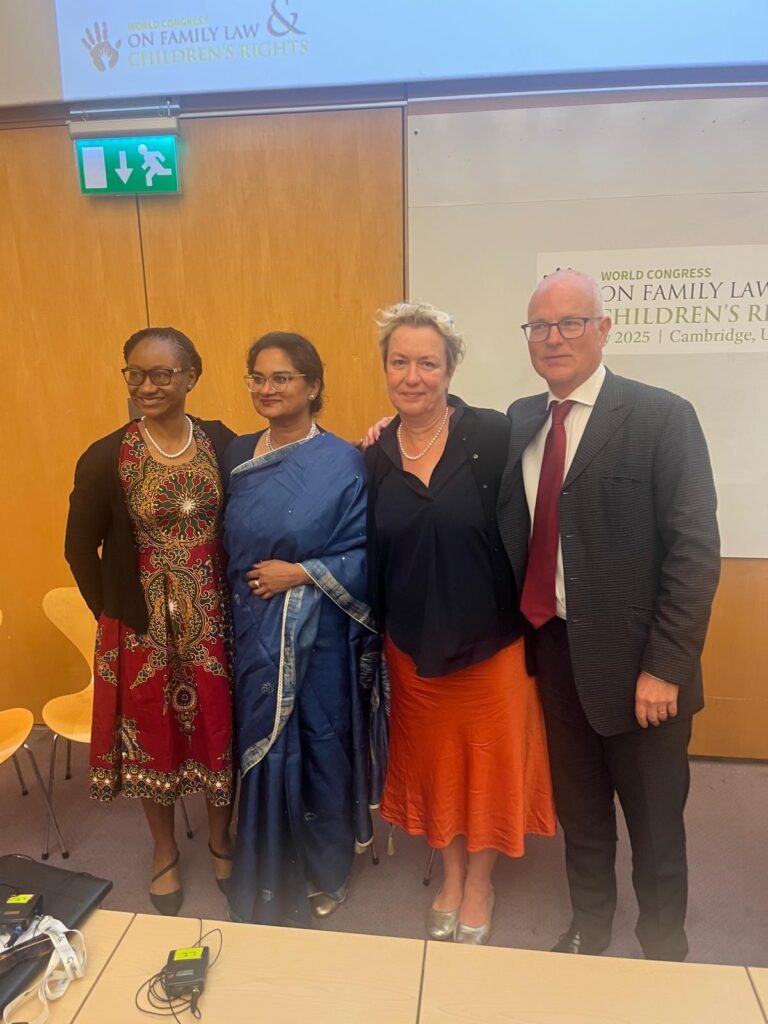
Later in the afternoon, Carolina Marin Pedreno was the Moderator for the Children Access to Justice session, with the panel including Dilia Jorge Mera from Dominican Republic, Cassio Namur from Brazil, Maria Giraldez from Spain, Ana Maria Kurdish from Mexico and Daniela Horvitz from Chile. They discussed the disparity between the different jurisdictions to the main goals of the Committee on the Rights of the Child and the panels resolutions were:
1. Integrate Child Rights Education and Awareness Programs
2. Strengthen Access Child-Friendly Justice Mechanism
3. Establish Robust Monitoring and Accountability Frameworks
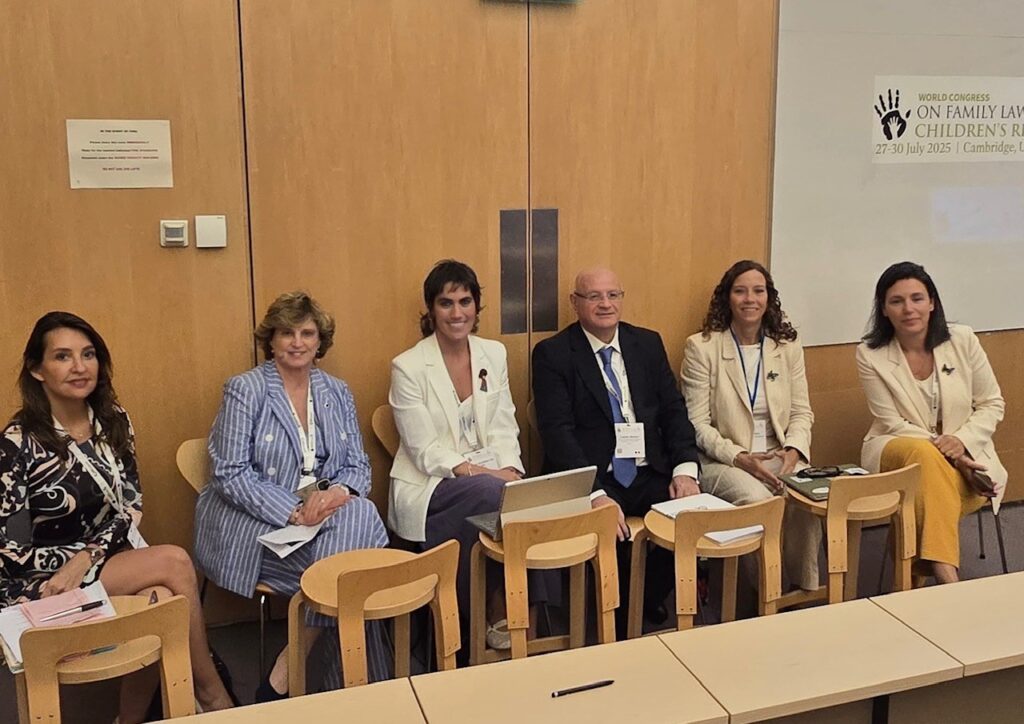
On the final day of the Congress, Partner Forum Shah spoke on the panel for the Children and War: A Global Perspective session, which was Chaired by Rachael Kelsey, President of International Academy Family Lawyers and included fellow speakers Jacqueline Renton KC, Stephen Cullen from the USA and Edwin Freedman from Israel.
The panel discussed the approach taken by courts internationally when faced with the question as to whether a child should be returned to a state at war, pursuant to the 1980 Hague Convention, specifically in relation to the approach taken by the courts in England and Wales, Israel and the USA, with particular focus on the current wars in Ukraine and Israel. The panel considered the interplay between a court’s international obligations under the Hague Convention 1980 and children’s human rights.
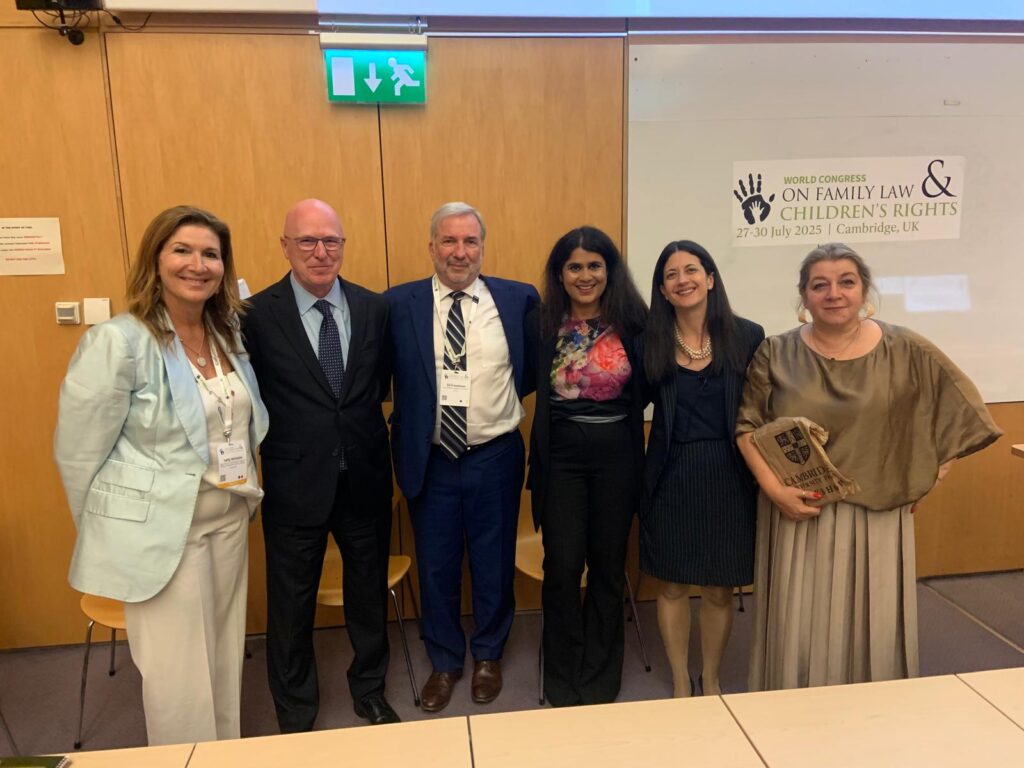
Simon Bruce also spoke about his pro bono family law work for children in the Good News for Children session, which was Chaired by The Hon. Emile Kruzick, Retired Judge – Superior Court of Ontario, Canada and included speaker, Dr Robert Simon, Forensic Psychologist, USA.
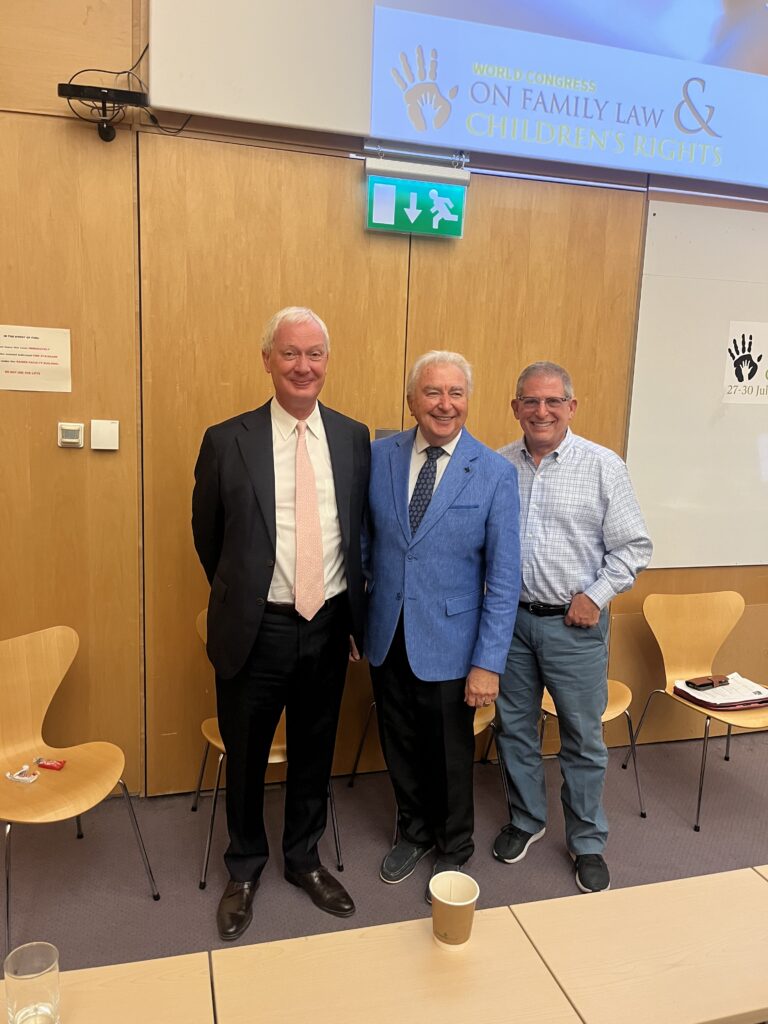
Throughout the Congress, Partner Charlotte Image-Flower was on hand to play a vital role of volunteering, to ensure the Congress ran smoothly and was a great success.
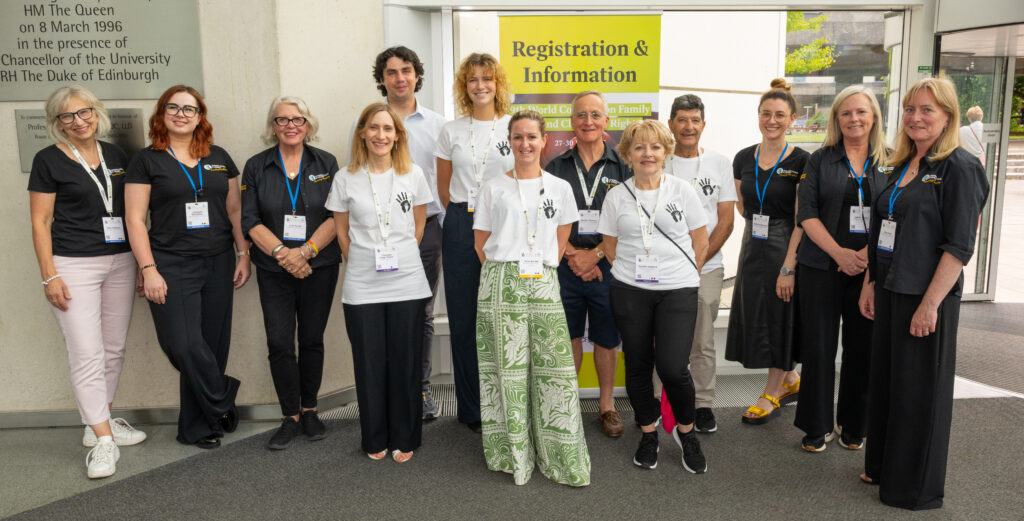
Following the Congress, it was our honour to host a roundtable meeting to hear Chief Justice William Alstergren from Australia discuss our responsibility to combat domestic abuse and other key issues, and Judge Mansini explain the Court Dog Program in Australia.
It was an important opportunity to spread the word on this vital work and to reflect on the next steps after the World Congress on Family Law & Children’s Rights 2025.
